Episode 2: Unpacking the Future: AI's Role in Arbitration and Legal Practice
In the second part of this two-part conversation, host Chris Campbell continues the compelling conversation on the intersection of artificial intelligence (AI), legal technology, and arbitration with Colin Rule and Ramin Rahnema. Building on the insights shared in the first episode, this discussion delves deeper into the practical applications, ethical considerations, and future implications of AI in legal practice, especially in arbitration.
AI's Practical Applications and Efficiency Gains
The conversation highlights how AI, particularly generative AI technologies like ChatGPT, is revolutionizing the speed and efficiency of legal processes. Tasks that previously took hundreds of hours, such as research and drafting, can now be completed in a fraction of the time. This shift raises questions about the traditional billable hour model in law firms and how legal professionals can adjust their business models to account for these technological efficiencies.
Ethical Considerations and the Duty to Disclose
The discussion also touches on the ethical implications of using AI in legal practice, including whether there should be a duty to disclose the use of AI in arbitration proceedings. While there is a consensus on the need for transparency, the conversation also acknowledges the complexity of determining when and how disclosure should occur, given that AI is increasingly integrated into various aspects of legal work.
Regulating AI and Ensuring Confidentiality
As AI technologies evolve, there is a growing discussion around the need for regulation to ensure they are used ethically and responsibly. The conversation explores how guidelines and regulations can be developed to govern the use of AI in arbitration and legal practice while avoiding overregulation that could stifle innovation. The issue of confidentiality, particularly in arbitration, is highlighted as a significant concern that needs to be addressed to leverage AI effectively in legal practice.
Looking Ahead: AI's Evolving Role in Arbitration
Looking to the future, the episode explores how AI is expected to become even more accurate and reliable, further enhancing its benefits to legal practice. However, the conversation also notes the challenges ahead, such as the need for more open data sharing in arbitration to train AI models effectively. The potential for AI to transform arbitration and legal practice is evident, but it requires a thoughtful approach to regulation, ethical considerations, and the development of new practices and guidelines.
In summary, the second episode of Disputes Decoded offers a deep dive into the complex and rapidly evolving role of AI in arbitration and legal practice. Through candid discussions with experts in the field, the episode sheds light on the practical applications, ethical considerations, and future implications of AI, highlighting the need for the legal community to adapt and evolve alongside these technological advancements.
